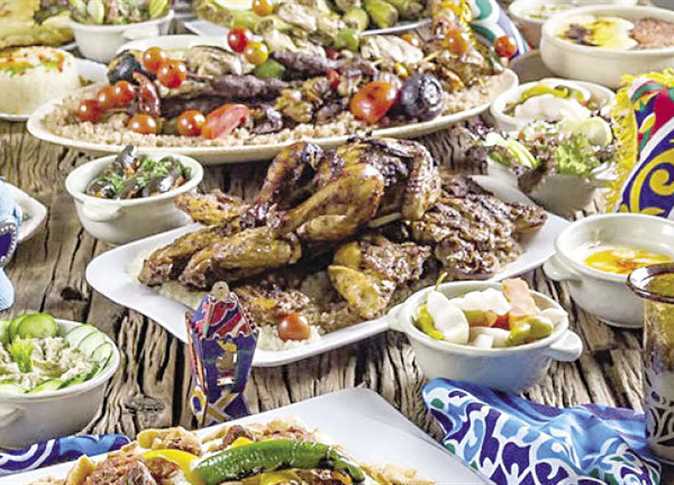
The month of Ramadan is the holiest month in the Islamic calendar, and a time in which many Muslims worldwide fast from sunrise to sundown as an act of religious devotion. However, fasting can take a toll on the body, especially if done incorrectly.
Doctors have made a number of recommendations for avoiding complications and ailments caused by fasting.
Doctors recommend consuming water and fluids between iftar and suhoor — the post-sunset and pre-dawn Ramadan meals — helps Muslims who are fasting during Ramadan avoid many problems such as suffering from extreme thirst, exhaustion, and weight gain.
Professor in the Faculty of Agriculture at Zagazig University Osama Owaida advised that, “One should avoid overeating while breaking the fast. Meals should be divided into a series of snacks between iftar and suhoor.”
He also pointed to the necessity of “chewing food well to avoid digestion problems.”
He also advised delaying the suhoor meal as long as possible to avoid feeling hungry or thirsty early in the day while fasting.
Owaida also said that consuming lots of fluids can help those fasting avoid constipation. He advised that people not consume large amounts of fats, sugars and salts during the suhoor meal, and that they eat fresh vegetables and fruits, which are rich in water and vitamins.
He recommended eating low-fat foods, which helps with digestion problems.
Owaida also advised drinking beverages made from licorice, because it contains a high percentage of potassium, as well as tomato juice, which contains salts, vitamins and minerals. Tomato juice, however, should be consumed in moderation, he added, because it contain salts that may cause thirst.
He recommended drinking grape juice because it contains natural alpha hydroxy acid that protects the body from dehydration.
Apples, he said, which are rich in dietary fibers, help improve bowel function during fasting and help get rid of flatulence. Milk, he added, contains calcium, vitamin D and lactic acid, as does watermelon juice.
Watermelon juice contains at least 91 percent water, he said. Cucumbers, melons and other fruits rich in water and potassium like bananas, dates and dried apricots are also beneficial, as they keep the body hydrated for a long time, he said.
He warned, however, against the excessive consumption of pickles, spicy and salty foods, as they all increase the feeling of thirst.
To avoid weight gain, Owaida advised against consuming sweets and soft drinks at iftar, because it reduces the efficiency of digestion.
He also advised performing light exercises at home one hour after iftar, to stimulate the process of digestion. A good example of beneficial exercise, he said, is performing Tarawih prayers.
Edited translation from Al-Masry Al-Youm




